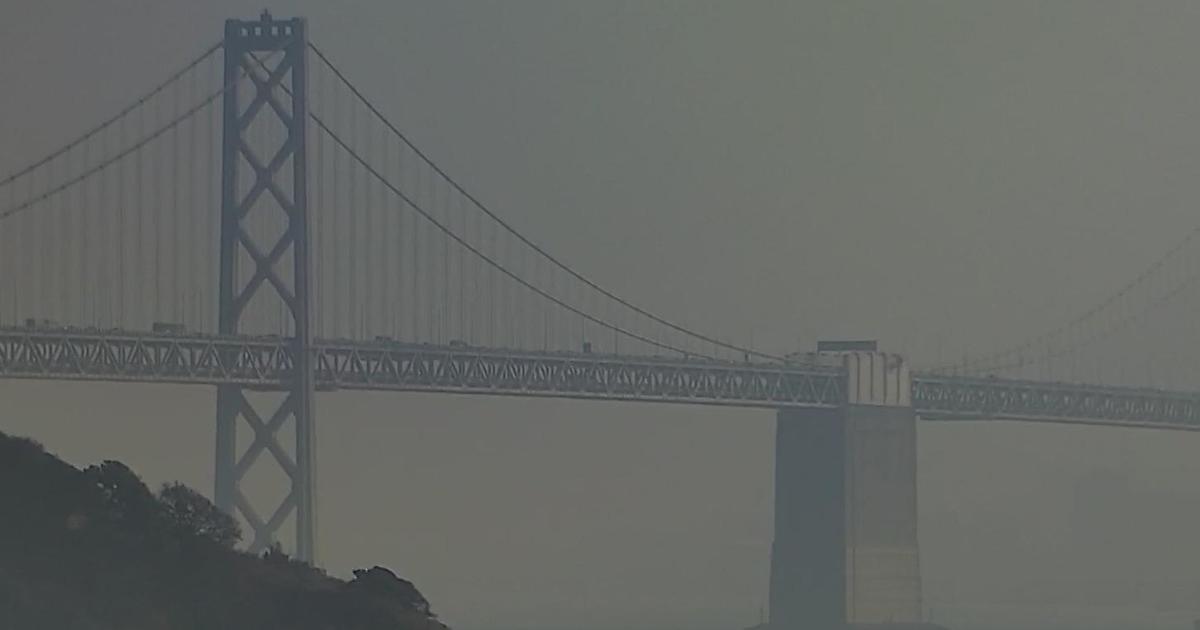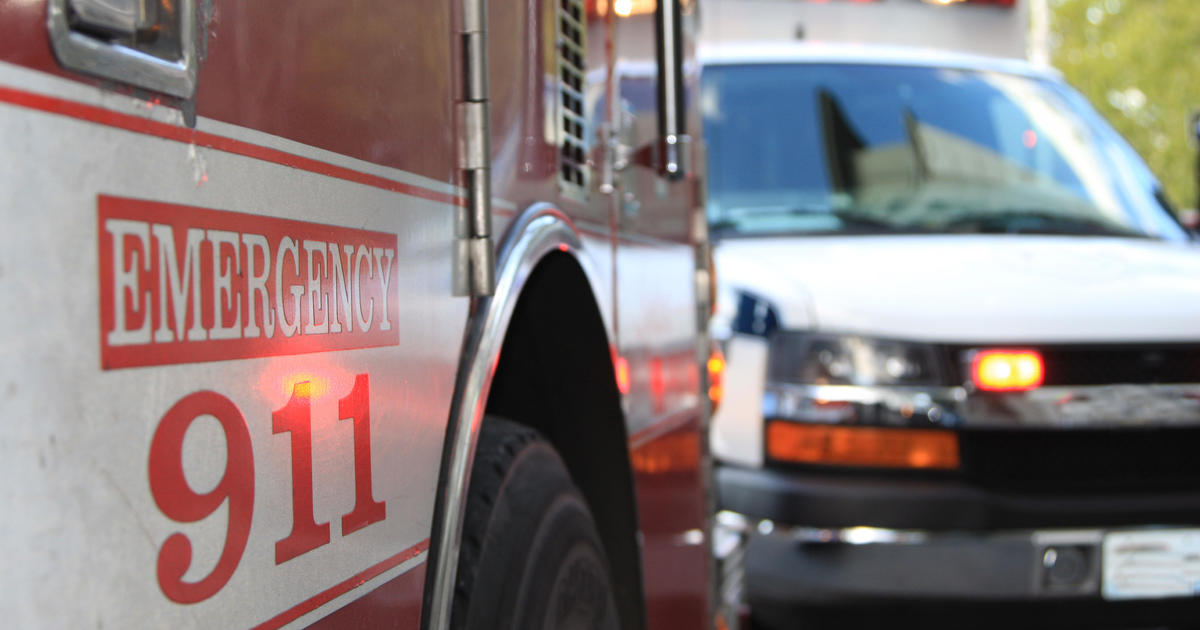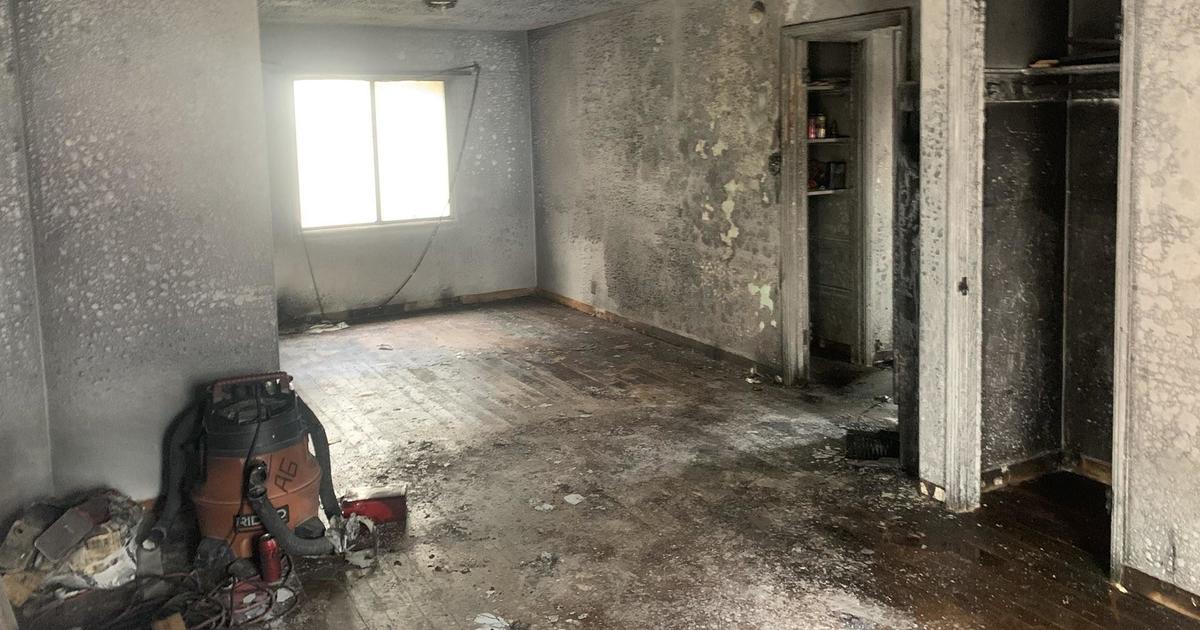Geologists Test Bay Area Soil For High-Speed Rail Project
SAN MARTIN (KPIX 5) -- Testing is underway in the Bay Area to see if the ground can handle high-speed trains.
In the southern part of Santa Clara, on a non-descript road in the small town of San Martin, is the dirty, unsexy work that has to get done.
Crews are drilling for soil samples 125 feet below the surface.
Geologist James Wetenkamp said, "It's probably clay, based on the rate of the drilling. It's pretty slow, so it's probably hard clay right here."
The samples provide valuable information so that geologists know exactly what they will be building on.
"You don't want to have this high speed rail system settle. You don't want to have other issues such as liquifaction or other soil conditions that cause the track to tilt or shift in any way," Wetenkamp said. "And so the data we collect here will help us determine how to design the foundation so that none of that happens."
Further south near Gilroy, crews are testing how the soil handles vibrations.
After high-speed trains in the United Kingdom and Sweden, engineers learned the hard way about so-called Rayleigh waves.
Engineering manager Randy Anderson said, "The train pushes in a wave in front of it. And the soil is not strong enough to resist that wave and so you start getting a motion in your embankment because the supporting soil isn't strong enough."
And so engineers are conducting shake tests, to simulate a train passing by.
Remote sensors that are strung along a 187-foot line measure the surface velocity of those waves and the big question is whether the ground is strong enough to avoid the Rayleigh wave phenomenon?
"If we do find out with this testing that we can introduce Rayleigh waves into the soil, then that would be an area that we potentially would need to mitigate," Anderson said.
Federal law limits the speed of the train between San Francisco and San Jose to 110 mph. The train can go up to 125 mph between Gilroy and San Jose, but that all depends on how the environmental review goes.



